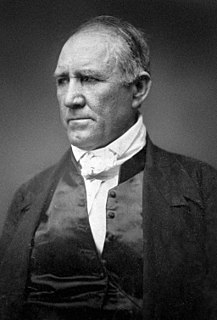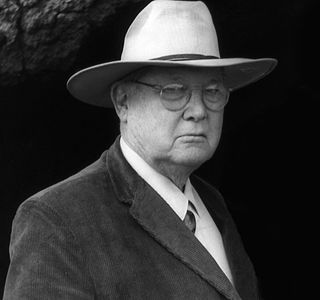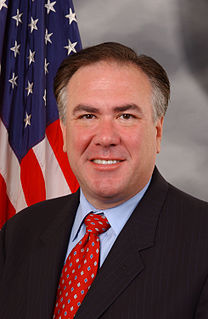A Quote by Sam Houston
Nothing can conduce more to the order and stability of a government than the simplicity of the laws, the proper definition of rights, and their impartial and consistent administration.
Related Quotes
So what's the difference between republican and democratic forms of government? John Adams captured the essence of the difference when he said, 'You have rights antecedent to all earthly governments; rights that cannot be repealed or restrained by human laws; rights derived from the Great Legislator of the Universe.' Nothing in our Constitution suggests that government is a grantor of rights. Instead, government is a protector of rights.
You have to have a government to provide you with legal order, with stability, enforcement of property rights, enforcement of contracts, definition of rules and regulations - the rules of the game, so to speak - and to provide certain shared goods and services, public services. Several people have tried to estimate this and they come out with figures like government spending at 15% of GDP. In the modern world it has gone to 40% or above. So we are way beyond the optimal, and that is easier to say than what the optimum is.
If Aristotle, Livy, and Harrington knew what a republic was, the British constitution is much more like a republic than an empire. They define a republic to be a government of laws, and not of men. If this definition is just, the British constitution is nothing more or less than a republic, in which the king is first magistrate. This office being hereditary, and being possessed of such ample and splendid prerogatives, is no objection to the government's being a republic, as long as it is bound by fixed laws, which the people have a voice in making, and a right to defend.
And who can suffer injury by just taxation, impartial laws and the application of the Jeffersonian doctrine of equal rights to all and special privileges to none? Only those whose accumulations are stained with dishonesty and whose immoral methods have given them a distorted view of business, society and government. Accumulating by conscious frauds more money than they can use upon themselves, wisely distribute or safely leave to their children, these denounce as public enemies all who question their methods or throw a light upon their crimes.
I use the word nursing for want of a better. It has been limited to signify little more than the administration of medicines and the application of poultices. It ought to signify the proper use of fresh air, light, warmth, cleanliness, quiet, and the proper selection and administration of diet-all at the least expense of vital power to the patient.
We are bound to maintain public liberty, and, by the example of our own systems, to convince the world that order and law, religion and morality, the rights of conscience, the rights of persons, and the rights of property, may all be preserved and secured, in the most perfect manner, by a government entirely and purely elective. If we fail in this, our disaster will be significant, and will furnish an argument, stronger than has yet been found, in support of those opinions which maintain that government can rest safely on nothing but power and coercion.
In its proper meaning equality before the law means the right to participate in the making of the laws by which one is governed, a constitution which guarantees democratic rights to all sections of the population, the right to approach the court for protection or relief in the case of the violation of rights guaranteed in the constitution, and the right to take part in the administration of justice as judges, magistrates, attorneys-general, law advisers and similar positions.
We, the People of this country, have no unalienable rights... all our rights are subject to modification... the Constitution of the United States of America is nothing more than a piece of paper and... our government should not be restrained by the Constitution because our government can do good things for people.
In a government framed for durable liberty, not less regard must be paid to giving the magistrate a proper degree of authority, to make and execute the laws with rigour, than to guarding against encroachments upon the rights of the community. As too much power leads to despotism, too little leads to anarchy, and both eventually to the ruin of the people.
































